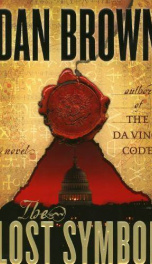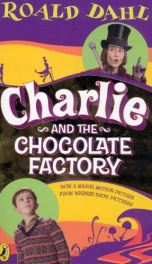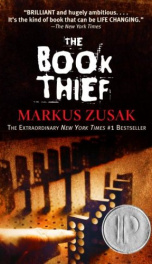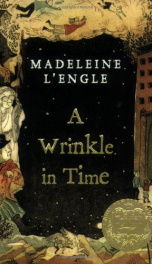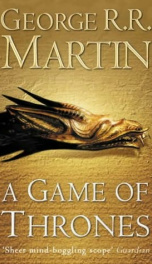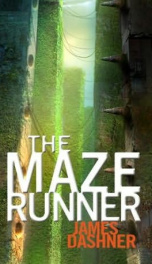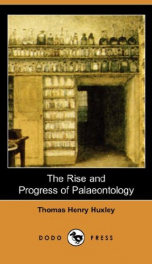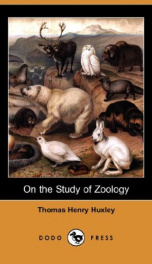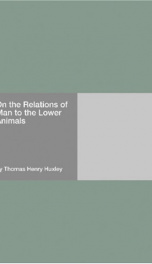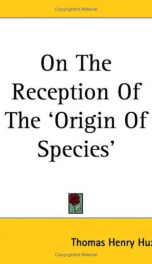Purchase of this book includes free trial access to www.million-books.com where you can read more than a million books for free. This is an OCR edition with typos. Excerpt from book: PART II. HUME'S PHILOSOPHY. CHAPTER I. THE OBJECT AND SCOPE OF PHILOSOPHY. Kant has said that the business of philosophy is to answer three questions : What can I know ? What ought I to do t and For what may I hope 1 But it is pretty plain that these three resolve themselves, in the long run, into the first. For rational expectation and moral action are alike based upon beliefs ; and a belief is void of justification, unless its subject-matter lies within the boundaries of possible knowledge, and unless its evidence satisfies the conditions which experience imposes as the guarantee of credibility. Fundamentally, then, philosophy is the answer to the question, What can I know 1 and it is by applying itself to this problem, that philosophy is properly distinguished as a special department of scientific research. What is commonly called science, whether mathematical, physical, or biological, consists of the answers which mankindnave been able to give to the inquiry, What do I know ? They furnish us with the results of the mental operations which constitute thinking ; while philosophy, in the stricter sense of the term, inquires into the foundation of the first principles which those operations assume or imply. But though, by reason of the special purpose of philosophy, its distinctness from other branches of scientific investigation may be properly vindicated, it is easy to see that, from the nature of its subject-matter, it is intimately and, indeed, inseparably connected with one branch of science. For it is obviously impossible to answer the question, What can we know'? unless, in the first place, there is a clear understanding as to what is meant by knowledge; and, having settled this point, the next step is to inquire how we come by that which we allow to be know...


